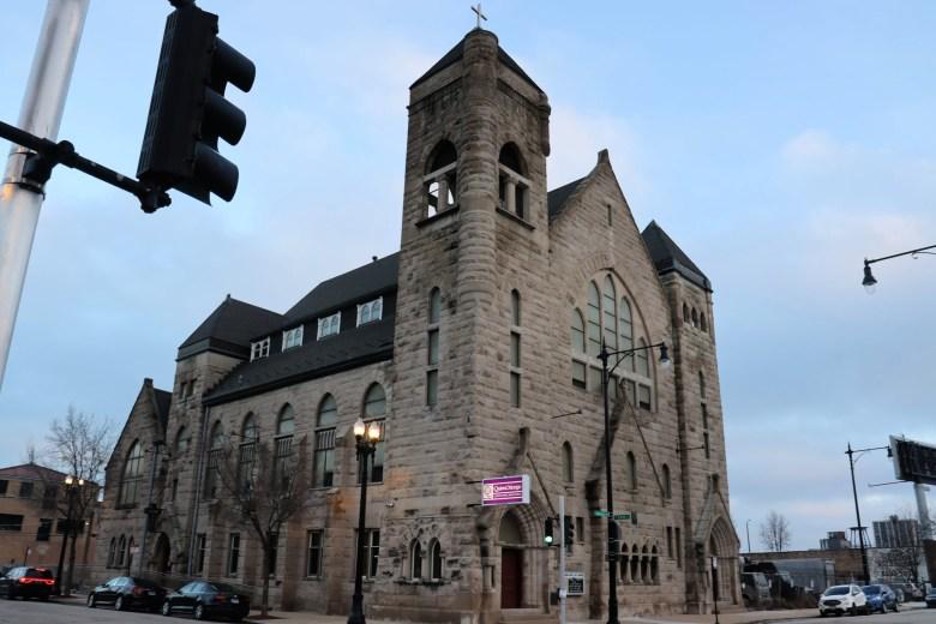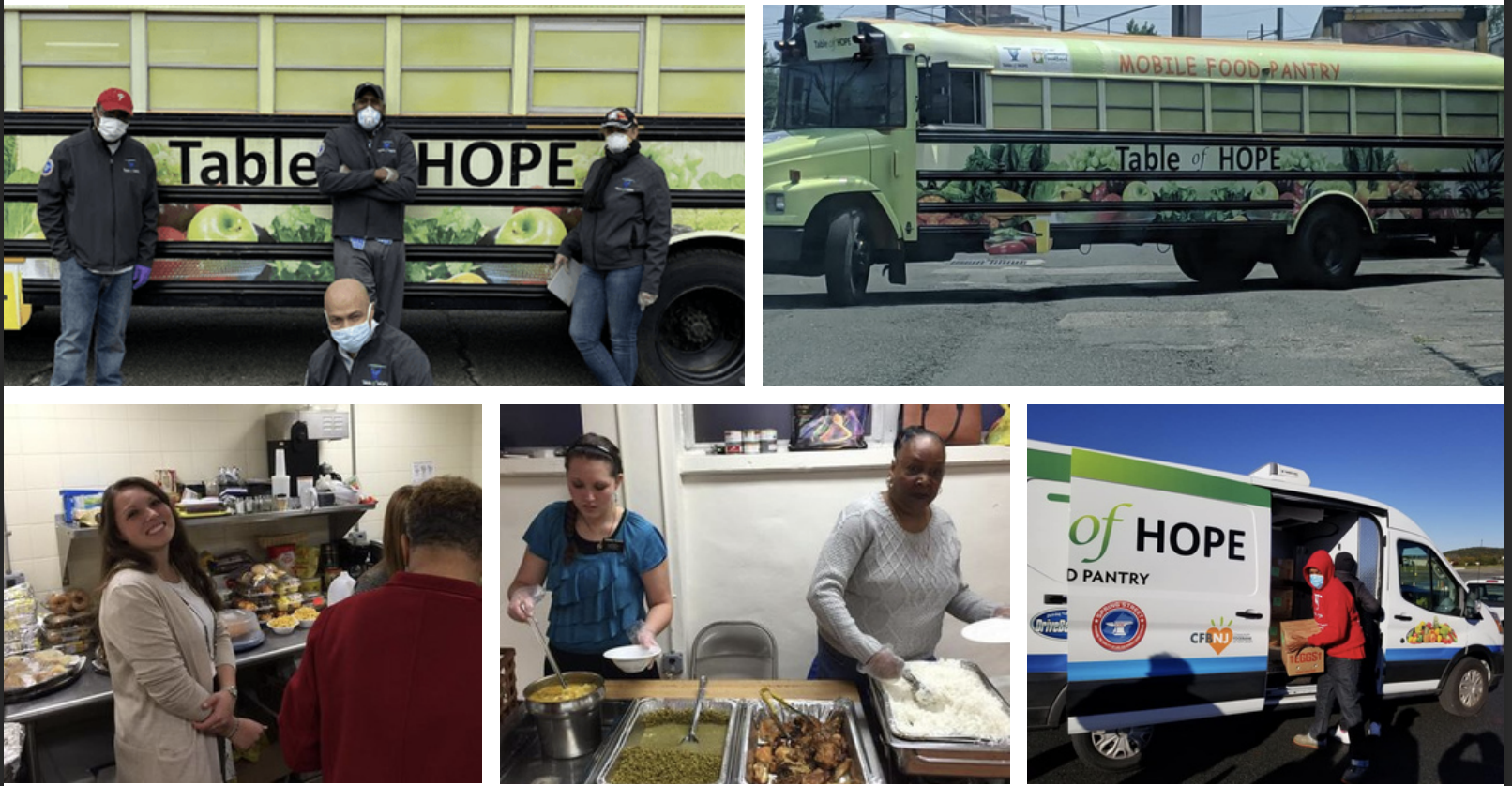By Rev. Betty Holley, PhD., Contributing Writer
In moving through our day-to-day activities, how often are we aware of how our lifestyle choices—purchases, travel, food, and trash—are related to our only home of Earth? Do we ever ponder the questions: Whom will our actions harm? Whom will our actions benefit?
Consider this: Globally, scientists tell us that every piece of plastic—eight billion tons—created since 1950 is still with us. The chemicals in plastic are toxic to humans, plants, and animals. Vulnerable people around the world are exposed to harmful toxins from plastic. Now living in the geological era, the Anthropocene or Age of Humans, we continue to contribute to the plastic problem, blind to how it affects the poor, the Earth, and our relationship with Almighty God.
To commence to tackle problems that our actions harm, reflection is needed on a certain dimension of conversion: an ecological conversion. Pope Francis defines ecological conversion as occurring when “the effects of [our] encounter with Jesus Christ become evident in [our] relationship with the world around [us]…We come to realize that a healthy relationship with creation is one dimension of overall personal conversion, which entails the recognition of our errors, sins, faults, and failures and leads to heartfelt repentance and desire to change.”
In his book, Praise Be to You (Laudato si’), Pope Francis says that an ecological conversion is needed to achieve reconciliation with all of creation. He states, “To achieve such reconciliation, we must examine our lives and acknowledge the ways in which we have harmed God’s creation, human and nonhuman, through our actions and failure to act. We need to experience a conversion or change of heart.”
The ecological conversion needed to bring about lasting change is not only an individual conversion but a community conversion. A clarion call for a community conversion is one for attitudes full of a spirit of generous care and tenderness to foster needed change throughout our only home, Earth! An ecological or community conversion must entail gratitude, gratuitousness, and a recognition that the world is God’s loving gift to all of God’s creation.
We, as Christians, are called to imitate God’s generosity in self-sacrifice and good works. An ecological or community conversion must also entail our loving awareness that we are not disconnected from the rest of God’s creatures. We are indeed tied together in a universal communion to all of creation.
As we develop, individually, our God-given gifts, skills, and talents, ecological conversion can propel us to greater creativity and enthusiasm in resolving our world’s problems. Our faith is integral in our pursuit of an ecological conversion. Faith enriches the meaning of this needed conversion to enable us to have an awareness that each creature reflects something of God and has a message to convey.
Luke 12:6 reminds us what Jesus says of the birds of the air that “Not one of them is forgotten in God’s sight.” An ecological spirituality grounded in the convictions of our faith will help motivate our thinking, feeling, and living to enable us to have a passionate concern for the protection of our only home, Earth!





